EDITORIAL
Published on 26 Jul 2023
Editorial: Microbial associates of blood-sucking arthropods and other animals: relevance to their physiology, ecology and evolution
doi 10.3389/fmicb.2023.1256275
- 1,522 views
- 3 citations
10k
Total downloads
46k
Total views and downloads
Select the journal/section where you want your idea to be submitted:
EDITORIAL
Published on 26 Jul 2023
ORIGINAL RESEARCH
Published on 21 Jun 2023
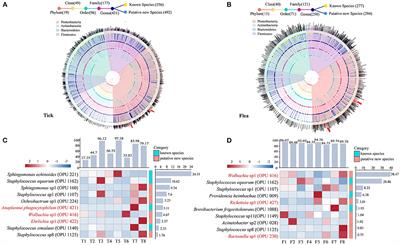
ORIGINAL RESEARCH
Published on 11 Jan 2023
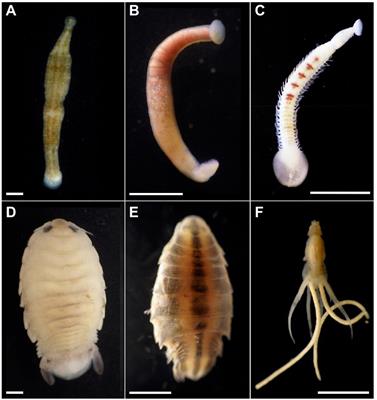
ORIGINAL RESEARCH
Published on 10 Jan 2023
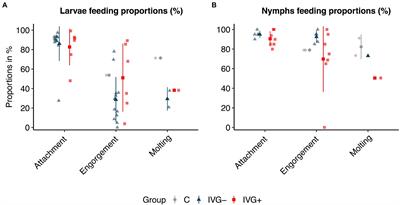
ORIGINAL RESEARCH
Published on 08 Nov 2022
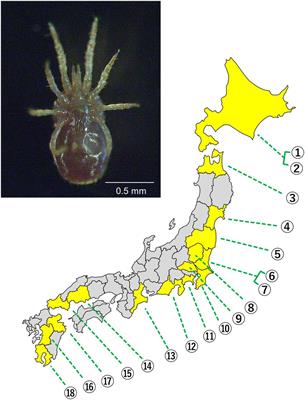
ORIGINAL RESEARCH
Published on 08 Aug 2022
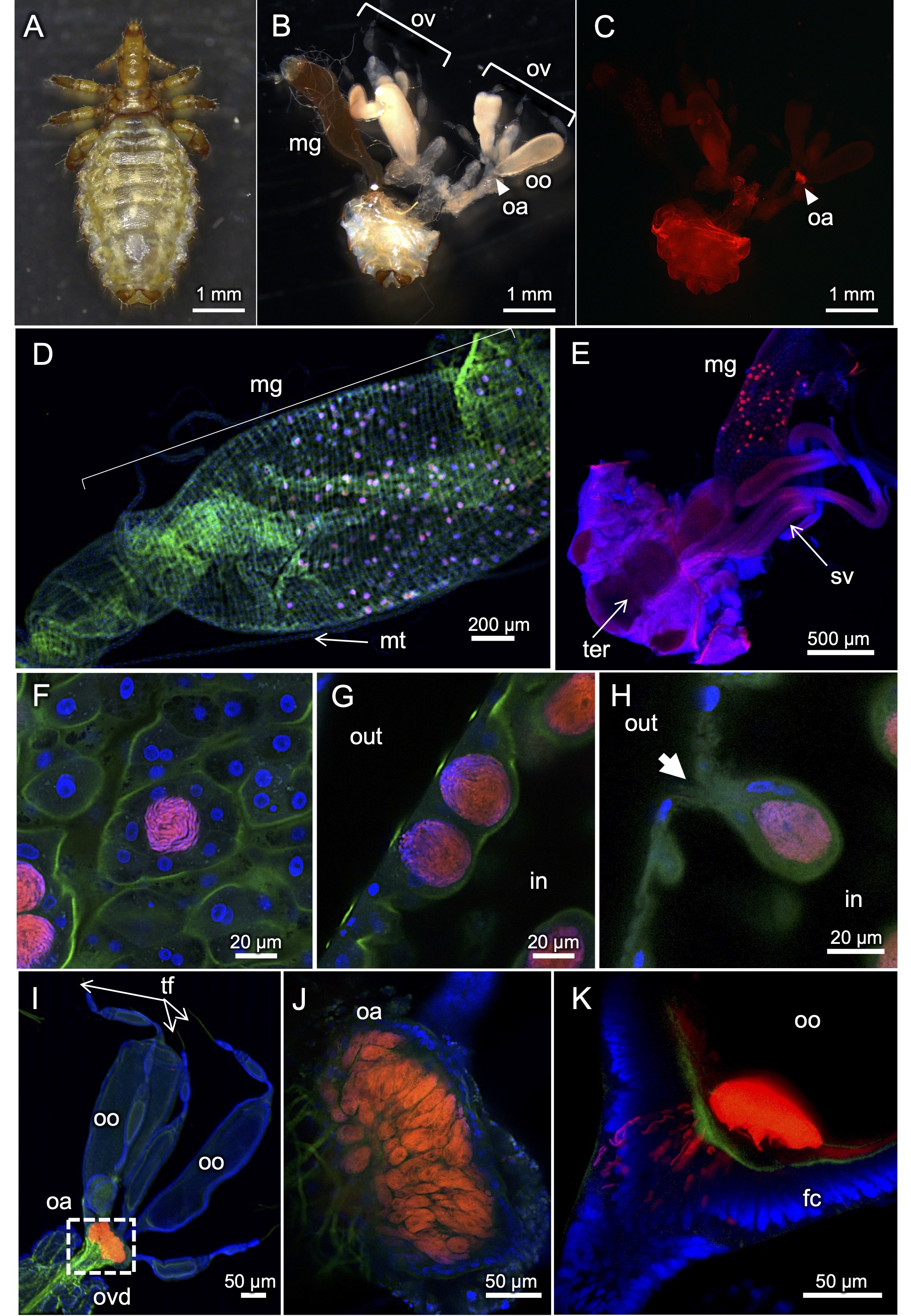
ORIGINAL RESEARCH
Published on 01 Aug 2022
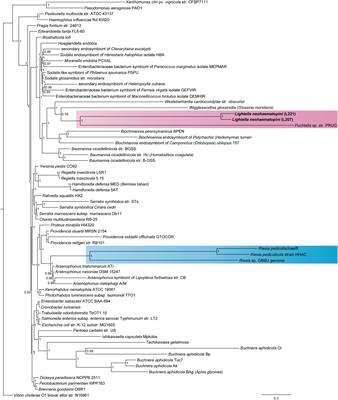
MINI REVIEW
Published on 09 Jun 2022

REVIEW
Published on 17 Mar 2022

ORIGINAL RESEARCH
Published on 03 Sep 2021

ORIGINAL RESEARCH
Published on 16 Apr 2021

ORIGINAL RESEARCH
Published on 12 Mar 2021


Frontiers in Marine Science